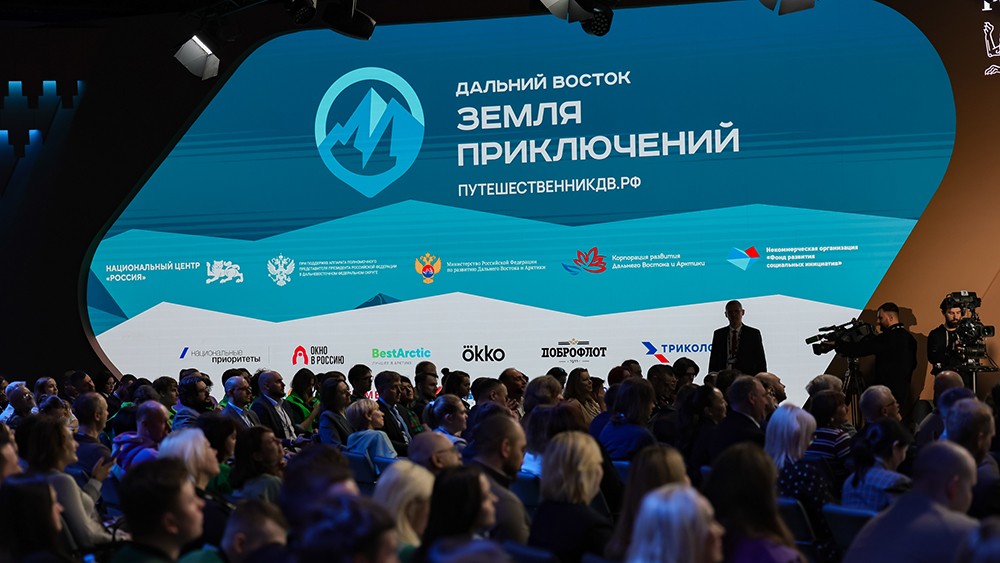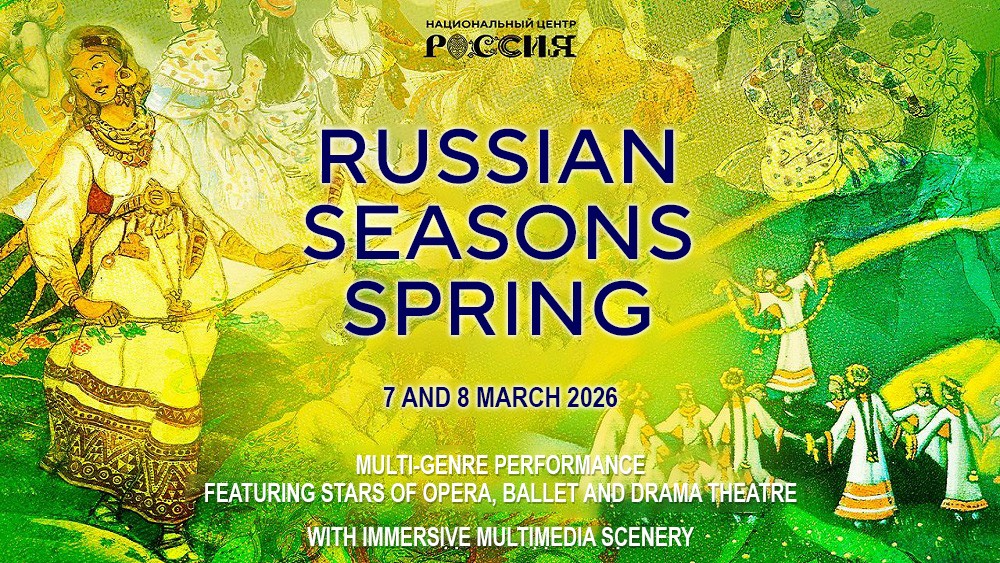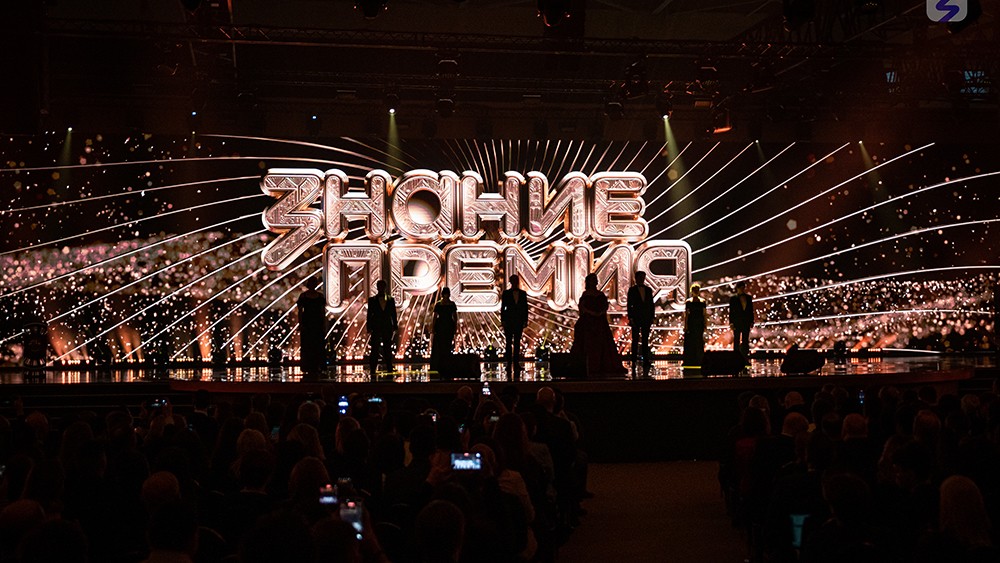From the stratosphere to the North Pole: the story of how it happened was told at the RUSSIA EXPO
The lecture hall of the Gazprom Pavilion at the RUSSIA EXPO hosted a meeting with the pilots who made the world's first high-altitude jump from the stratosphere to the North Pole. The record-breaking jump project was supported by Gazprom. Mikhail Kornienko, pilot-cosmonaut, Hero of Russia, member of the Russian Geographical Society, and Denis Yefremov, founder of the Stratonautics aerospace laboratory, engineer of space and stratospheric technology, certified rescuer of the Ministry of Emergency Situations, told how the jump was prepared and what tasks the unique project solved. The idea of the jump belongs to the third participant of the project - flight instructor Alexander Lynnik.
“Our country, Russian and Soviet people have many achievements at the North Pole and in the development of the Arctic. These include the first non-stop flight across the North Pole in 1937, and the first parachute jump to this point in 1949, and the installation of the Russian flag on the ocean floor at the North Pole in 2007. We had to make a record stratospheric jump to show Russia's place in the history of Arctic exploration and the role of this region in the life of the country,” Mikhail Kornienko, who has made more than 130 parachute jumps and two space flights, spending a total of 516 days in space, told about the goal of the project.
Another goal of the project was to test equipment for high-altitude jumps and stratospheric flights developed in Russia and tested for the first time in real conditions of low temperatures and pressure. “We were aiming for an altitude of at least 10 kilometers, and these are very harsh conditions. The air temperature, taking into account the rate of fall, is about minus 70 degrees,” explained Denis Yefremov. The preparation took place in three stages. First, they tested the equipment for temperature resistance in a thermal chamber, then they climbed to a height of 10 thousand meters in a pressure chamber, and finally there was a test jump from a height of 6 thousand meters. “We realized that the equipment and outfit can withstand the set loads. But it was a test not only of the equipment, but also of ourselves,” Denis Yefremov shared.
Having ascended to the height of 10.5 thousand meters on the IL-76 aircraft, Mikhail Kornienko, Denis Yefremov and Alexander Lynnik made a jump and successfully landed at the planned point. They spent about two minutes in free fall, the speed of which reached 380 kilometers per hour, and opened their parachutes at an altitude of 1 kilometer. “It was interesting to enjoy the view that opened up during the jump. There was only ice in front of our eyes and the ocean underneath. We had a few seconds of contemplation and then we had to work to get to the landing point,” Denis Yefremov shared his impressions.
The stratospheric landing party performed a number of other tasks: deployed the equipment of the Data Processing Center and tested its resistance to Arctic temperatures and readiness to work in extreme conditions, which will contribute to ensuring sustainable communication and data transfer in the Arctic; assessed the conditions necessary for the survival of the space station crew in case of an abnormal landing in the Arctic latitudes.
Thanks to live broadcasts and recordings of events on the "Gazprom at the RUSSIA EXPO" RUTUBE channel, everyone in the country can attend the lecture events. Interviews with their participants - representatives of various professions - are available at https://rutube.ru/plst/351054/.
The results of the 3rd season of the All-Russian contest "Far East — Land of Adventure" were announced at the National Centre RUSSIA on 5 March.
The National Centre RUSSIA welcomes spring in grand style with the premiere of the original multi-genre performance "Russian Seasons. Spring".
The fifth ceremony of the Znanie.Award, the country’s main educational award and the flagship project of the Russian society Znanie.



